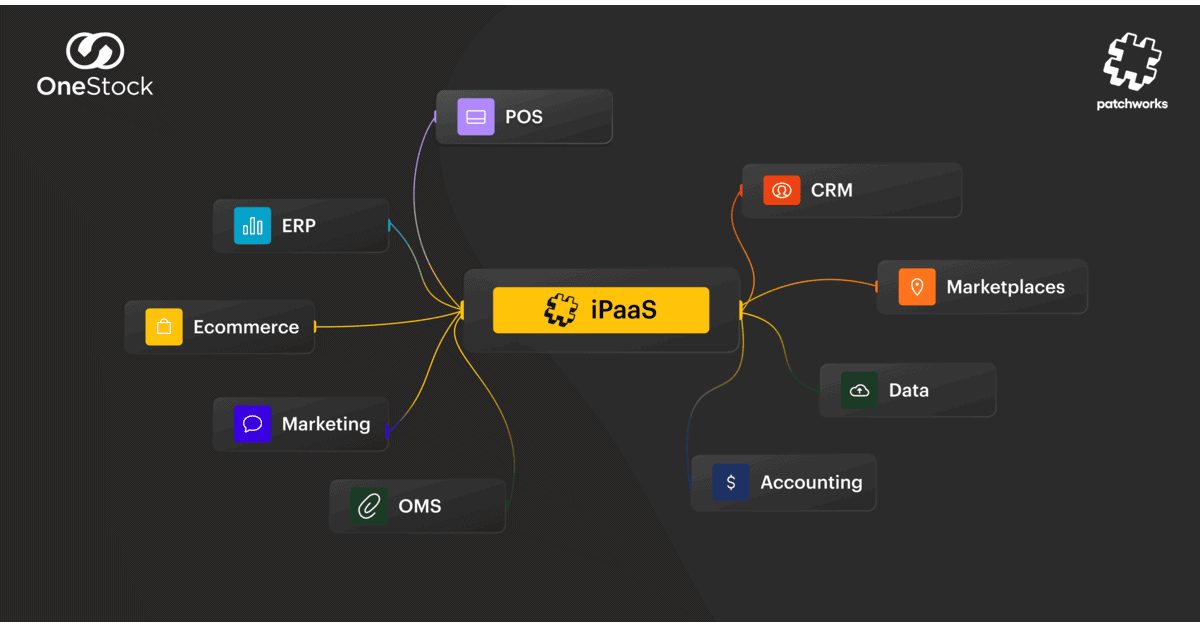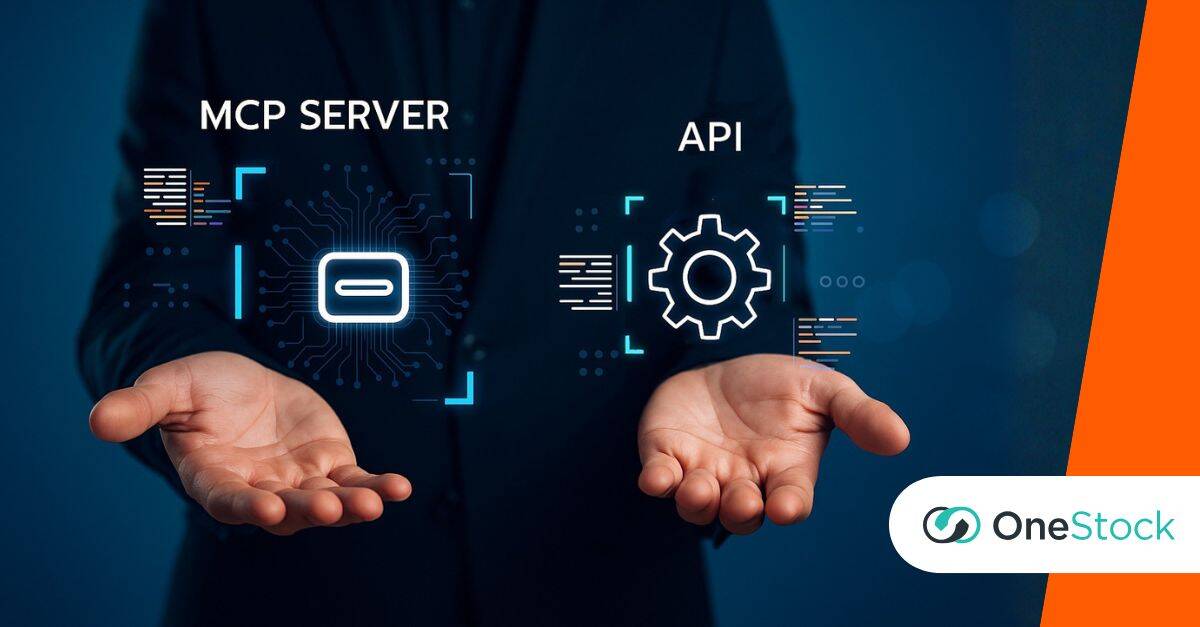
How iPaaS connects and future-proofs business ecosystems
By Jim Herbert, CEO at Patchworks
The technology stack brands rely on has become more complex and diverse. E-commerce platforms, CRM systems, ERP solutions, Order Management Systems, and Warehouse Management Software all play critical roles in this ecosystem. However, with each new system introduced, the challenge of ensuring smooth communication and real-time data synchronisation grows exponentially. This is where iPaaS (Integration Platform as a Service) emerges as a game-changer.
Leading iPaaS providers like Patchworks, who were also recently awarded 14 badges in the G2 Fall reports, have taken the lead in helping brands integrate their key systems, offering pre-built connectors and a scalable platform that allows seamless communication across different applications. With their deep expertise in retail, Patchworks helps retailers build a unified ecosystem, ensuring that operational data flows effortlessly between systems like Shopify, NetSuite, and Salesforce, ultimately eliminating data silos.
Patchworks recently partnered with OneStock to further strengthen their mutual vision of empowering organisations to deliver superior omnichannel experiences. This partnership is built on a shared objective: providing brands with the tools they need to streamline complex back-end processes while enhancing the customer journey. By combining Patchworks’ powerful integration capabilities with OneStock’s Order Management System (OMS) expertise, the partnership allows retailers to optimise their operations without sacrificing agility or scalability.
But what exactly is iPaaS, and why is it now considered indispensable for modern retailers? Let’s take a closer look at how iPaaS is redefining retail operations, enabling scalability, and future-proofing businesses in an increasingly connected world.
What is iPaaS?
iPaaS is a cloud-based solution that simplifies how different software applications and services communicate with each other. Unlike traditional middleware, which requires custom coding and heavy IT involvement, iPaaS provides pre-built connectors, a user-friendly interface, and automation features that allow retailers to link disparate systems quickly and cost-effectively.
Patchworks, for example, specialises in connecting key systems for retailers. Imagine a retailer using multiple platforms: a Shopify store for online sales, a NetSuite ERP for financials, Salesforce for customer relationships, OneStock for order management and a separate Warehouse Management System (WMS) to track stock levels. Without a robust integration layer like Patchworks, data would be trapped in silos, making it almost impossible to get a unified view of operations. This is where Patchworks’ iPaaS platform steps in, serving as a digital ‘hub’ that ensures all these systems can communicate, share data, and operate as a single, coherent entity.
Why is everybody talking about iPaas?
iPaaS is not just a ‘nice-to-have’—it’s the glue that holds everything together. By providing a unified platform to connect and orchestrate various systems, iPaaS enables organisations to adopt new technologies and services without disrupting their existing operations. Patchworks has been at the forefront of this movement, helping retailers adopt composable commerce strategies without the traditional complexity and friction that custom integrations often entail. Here are some of iPaas biggest benefits:
- Complexity management
Retail technology ecosystems have become highly complex, incorporating numerous sales channels, back-end systems, and third-party services. iPaaS solutions, such as those offered by Patchworks, provide a scalable solution to manage this complexity. By centralising integrations, iPaaS reduces the number of individual connections required between systems, cutting down on potential points of failure and simplifying troubleshooting.
- Speed and agility
Retailers need to be agile, whether it’s launching a new sales channel, adding Click and Collect or updating their CRM strategy. Traditional point-to-point integrations can take weeks or even months to set up and require constant maintenance. iPaaS, on the other hand, leverages reusable connectors and drag-and-drop interfaces, allowing businesses to adapt quickly to changing market needs. This is a core advantage of using a solution like Patchworks, which specialises in creating tailored connectors that allow retailers to build new integrations with minimal effort.
- Cost efficiency
Managing multiple individual integrations can be prohibitively expensive, especially as the business grows. With an iPaaS solution like Patchworks, retailers benefit from a centralised platform that reduces the need for custom development and minimises ongoing maintenance costs. This is particularly advantageous for high-growth brands that need to scale quickly without inflating their IT budgets.
Patchworks and OneStock: enabling the future of retail
Patchworks and OneStock’s collaboration is rooted in a shared commitment to making complex operations more manageable, flexible, and scalable. Both companies understand that a well-integrated technology stack is the key to delivering an exceptional customer experience. By combining Patchworks’ powerful integration capabilities with OneStock’s advanced OMS, the partnership allows retailers to fastly unlock their true omnichannel potential.
The joint objective is to reduce integration times, minimise manual errors and enable organisations to go to market faster with new services and channels.
The long-term vision is to build a future-proof, agile environment where brands can effortlessly add new systems or channels as their needs evolve, ultimately offering a superior shopping experience to their customers.
For retailers aiming to build a flexible, future-proof technology stack, investing in a robust iPaaS solution like Patchworks—combined with OneStock’s OMS—is no longer optional; it’s a necessity. By eliminating the friction between systems, Patchworks and OneStock empower brands to focus on what truly matters: delivering exceptional customer experiences and scaling their business with confidence.


